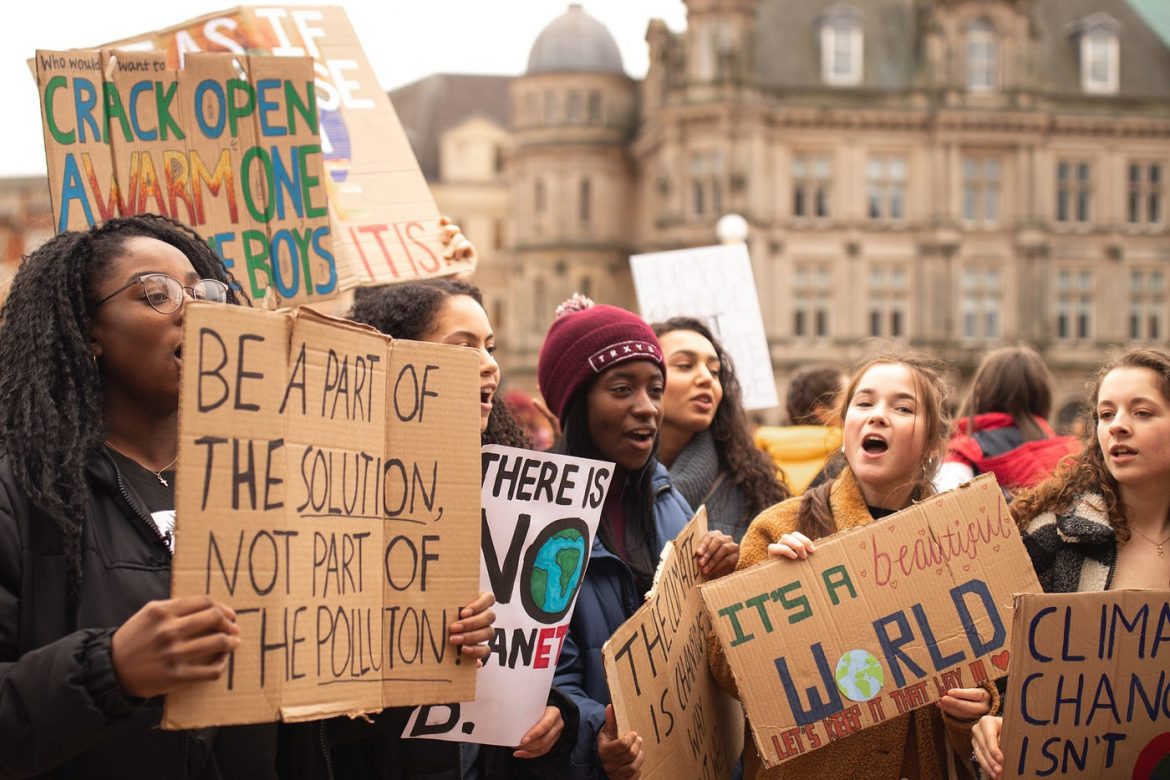A group of more than 100 leading economists want the world’s wealthiest people to be taxed as part of efforts to raise funds to pay for the climate-related damage to the poorest.
The economists say that a wealth tax on the fortunes of the world’s richest people would raise trillions of dollars that could be spent on helping poorer countries shift their economies to a low-carbon footing, and on “loss and damage,”.
Recent estimates show that a 2% tax on extreme wealth would yield about $2.5tn a year. The economists, including the prominent degrowth advocate Jason Hickel, have written a letter to world leaders before a global summit on finance this week. They are calling for a tax of 1.5% for 1.5C to help ensure the world limits global temperature rises to 1.5C above pre-industrial levels.
According to Oxfam, the world’s wealthiest people are responsible for an outsize proportion of global greenhouse gas emissions, with the richest 1% responsible for double the carbon emissions of the world’s poorest half, but there are few constraints on them.
Read also: Swiss voters support ambitious plans to save melting glaciers
Recent research suggests that if the combined emissions of wealthy countries was counted against the destruction that the climate crisis is wreaking in poorer countries, the rich would owe the poor $6tn a year in “reparations” for the damage caused.
Mark Paul, of Rutgers University and a signatory of the letter, which was spearheaded by the campaigning group Oil Change International, said rich countries were not facing up to their responsibilities.
“Global north leaders saying they can’t afford to address global crises is the oldest excuse in the book, and simply put, a lie. What’s truly unaffordable is the status quo. The truth is there is no shortage of public money that can be dedicated to the cause, only a lack of political will – but that must change.”
In the letter, the economists also called for an end to harmful subsidies of fossil fuels, and the forgiveness of debts for some of the poorest countries.
Story was adapted from the Guardian.
